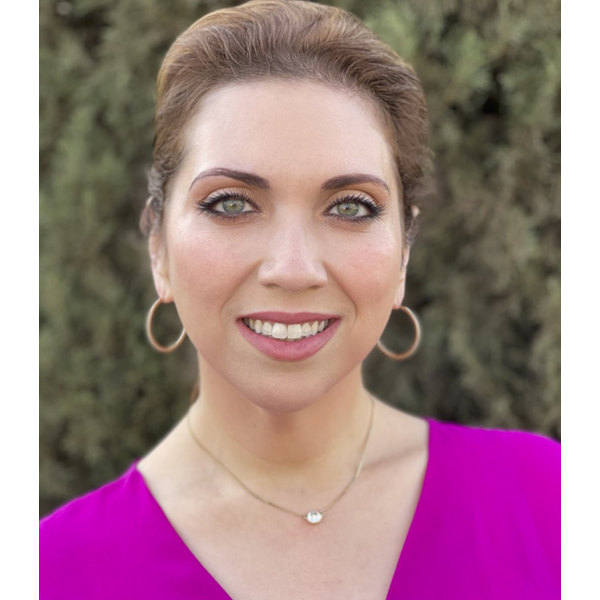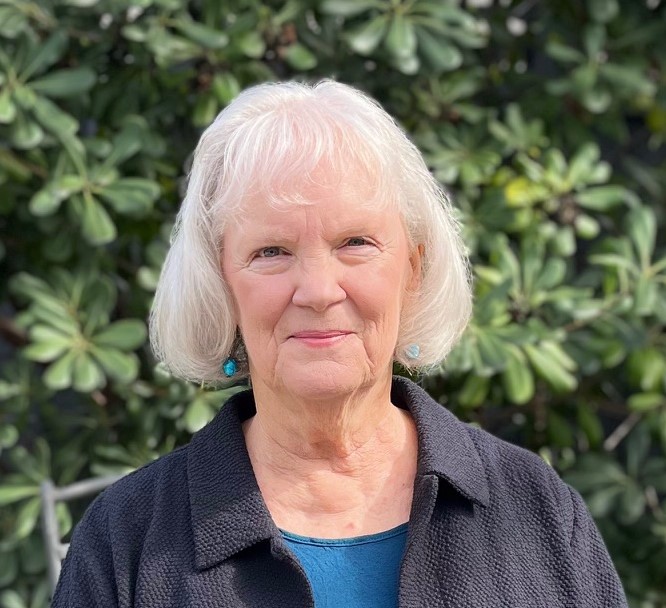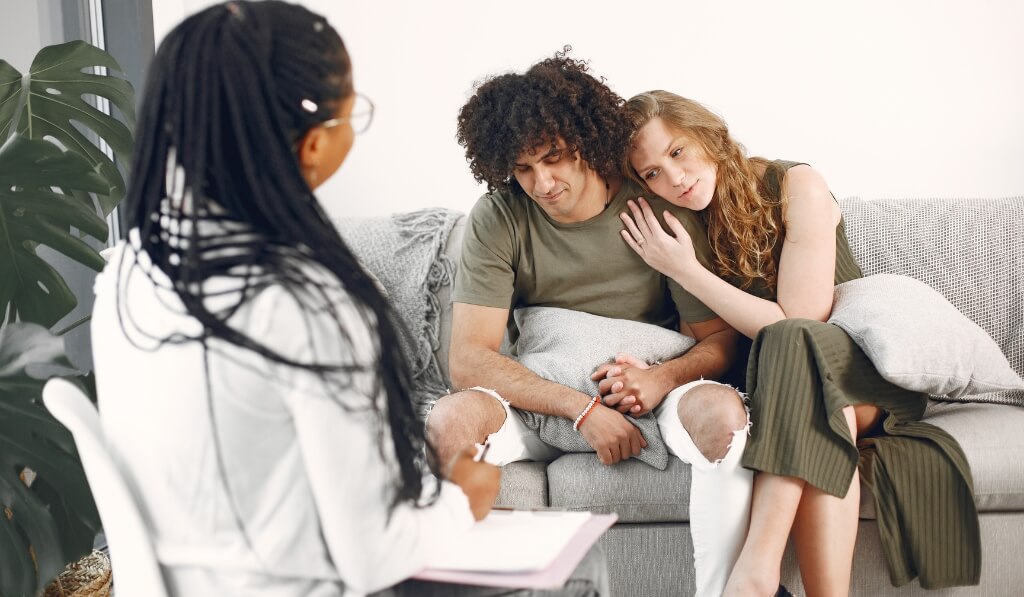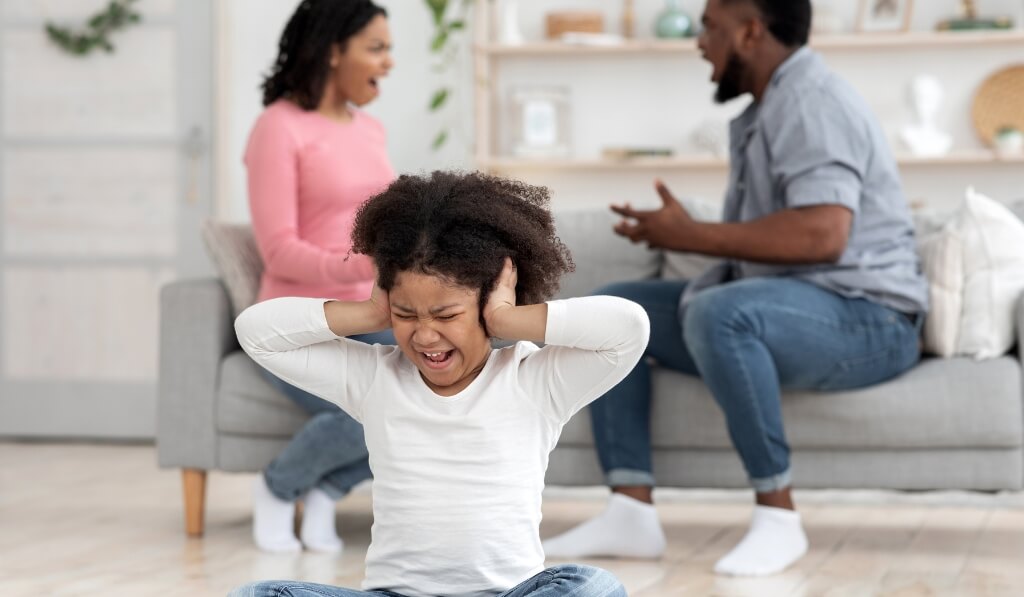Building a strong partnership takes work. It is easy to feel stuck when arguments repeat or when you feel far […]
Couples Therapy
Build a Stronger, Healthier Relationship with Our Couples Therapy
MB Care believes every couple can build a stronger, healthier relationship. Our couples therapy in the Bay Area helps you understand each other, communicate better, and solve problems together. We focus on what works for you, helping you feel more connected and supported.
It does not matter if you are facing challenges or just want to improve your bond, we are here to help. Our goal is to help you create a happier, more fulfilling relationship. With our guidance, you will have the tools to grow closer and build a stronger foundation for the future. Let’s work together to make it happen.
Take the First Step Toward a Stronger Relationship
What to Expect in Our Couples Therapy
Open and honest talks
Guidance from a therapist
Problem-solving together
Learning new relationship skills
How Our Couples Therapy Can Help You
Our couples therapy in Mountain View and online across California is all about helping you build a stronger, happier relationship. We guide you through challenges, teach you new skills, and help you connect on a deeper level.
Here is how we can help-
- Better communication skills We help you learn how to talk openly and listen to each other. Clear communication is the key to a stronger bond.
- Stronger emotional connection Couples therapy helps you understand each other's feelings, building a deeper emotional connection. You will feel closer and more supported.
- Tools to solve conflicts We teach you how to solve problems together in a healthy way. You will learn how to handle challenges and stay connected.
- More trust and understanding Therapy helps rebuild trust and brings a better understanding of each other's needs, which leads to a more peaceful relationship.
- A happier, healthier relationship Better communication, trust, and problem-solving will strengthen your relationship. Our team will work with you to build the happy, healthy relationship you deserve.

Frequently Asked Questions
The goal of couples therapy is to help couples improve their relationship, and in some cases, repair or improve their marriage. Couples therapy can play an important role in healing a relationship that doesn’t feel the way it’s supposed to. It can also be the first step toward admitting that there is a problem in the relationship that needs to be addressed. This form of structured communication therapy can help couples explore the root cause (or causes) of their conflict in a safe, neutral space, while simultaneously aiding them in improving their communication skills.
Therapy can be very beneficial, however, it’s only a successful mode of help if all members of the relationship are invested in it. Communication and work must be done on both ends to move towards a partnership that’s respectful, considerate, and trusting.
- Access to a safe space for you and your partner that allows for open and honest conversation.
- Better insight into your own feelings regarding your relationship.
- Better self-awareness and personal growth as you come to understand your own needs.
- Bettering communication skills as an individual and as a couple.
- Gaining a deeper understanding of your relationship and the dynamic between you and your partner.
- Getting access to an impartial professional that can help you navigate complicated emotional issues.
- Help navigating relationship roadblocks that are preventing a happy and healthy partnership.
- Improved intimacy and connection between you and your significant other.
- Learning appropriate and effective coping skills for difficult situations that may arise in your relationship.
- More insight into your partner’s mindset and personal needs
- Restoring trust and open communication between you and your partner
It’s important to note that you don’t need to have relationship problems to seek out couples therapy. You can also use therapy as a way to continue growing and safeguarding a healthy relationship, ensuring that you have the tools and resources necessary to address issues if and when they arise.
However, the most common concerns addressed in Couples Therapy include the following:
- Navigating an infidelity/affair
- Poor communication with your partner
- The feeling of being bored or numb in your relationship
- Partners having poor conflict resolution skills
- Having the same argument or fight repeatedly
- Feeling disconnected from your partner
- Feeling like your physical and emotional needs are not being met
- Navigating a big life event
- Managing the transition into new parenthood
- Navigating a potential divorce/breakup
- Feeling too attached to one another
- Past traumas showing up in your relationship
The primary goal of couples therapy is to increase your knowledge about yourself, your partner, and the ways in which you interact with each other. By using this knowledge, you can break toxic relationship patterns and focus on building new and healthier ones.
To get the most out of couples therapy, you may find focussing on one or more of the following areas to be beneficial:
- What do you want your lives to look like together
- The kind of partner you want to be for your significant other.
- Identifying the issues that are preventing you from being the kind of partner you want to be.
- Learning the relationship skills necessary for effective communication
- Navigating toxic co-dependency
- The appropriate attitudes and skills necessary to work together as a team.
- What you need from your partner in order to feel fulfilled and happy
Before heading off to your first couple’s counselling session, there are some tasks that you can perform to help the visit go as smoothly as possible. They are:
- Filling out your paperwork honestly.
- Check in with your partner about their expectations.
- Give thought to what kind of partner you’d like to be.
- Give yourself permission to feel your emotions.
- Make an ‘assumptions list’. One of the first topics a therapist will usually broach in a couple’s session is whatassumptions you and your partner make about each other that negatively impact your relationship. This could be things like ‘my partner doesn’t care about my feelings or ‘my partner doesn’t find me attractive anymore’. Prep a Couples Therapy FAQs 4 list of assumptions before your first session. Then your therapist can help you identify why these assumptions exist and what can be done to challenge them.
The most important aspect of couple’s therapy is making sure that both partner’s are on board and committed to the process. Communication and effort has to be a 2-way street for the benefits of couple’s therapy to be reaped. So ensure it’s something that you and your partner are ready and willing to follow through when you’re contemplating therapy as an option.
The amount of time spent in a session depends on how long you book it and what appointment increments your therapist provides. Sessions typically last between 60 and 90 minutes, with initial appointments usually taking more time.
For couples therapy, it’s often recommended that your first three appointments are longer (at least 90 minutes to two hours) as there is often more to unpack at the start of counseling.
There is no one-size-fits-all when it comes to how long you should be in couples therapy. It depends on the nature of the issues you’re looking to address, the work that you both put into treatment, and the emotional and mental healing process.
For some couples, it can take years of therapy to work through their issues. For others, they only need a few sessions to give them clarity on a certain point of contention.
One a week sessions are typically recommended, especially during the early stages of treatment. This allows both partners to learn new skills, implement them, and then check it with a professional to discuss the results and troubleshoot any issues that arise. However, some couples may prefer appointments that are biweekly or even monthly depending on their own unique needs.
No matter what your situation, or the nature of what you’re looking to resolve, your therapist will help come up with a schedule that works for both you and your partner.
Specializations
Meet The Therapists
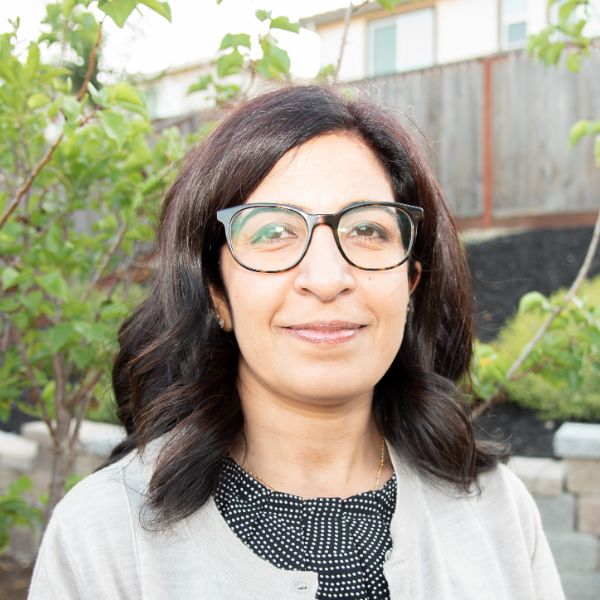
Shilpa Kapoor, Psy.D.
Owner and Founder
Licensed Psychologist

Hanna Chang, Ph.D.
Licensed Psychologist
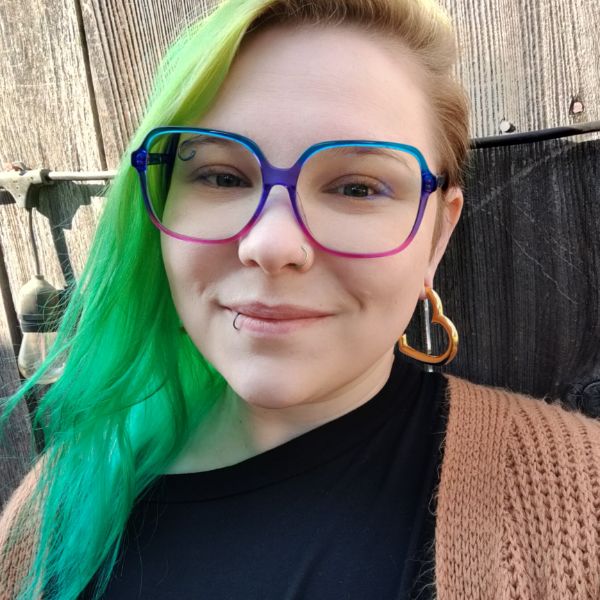
Lyndsay Reese, Psy.D.
Licensed Psychologist

Jesse Schulte, Ph.D.
Licensed Psychologist

Emily Horowitz, Psy.D.
Licensed Psychologist
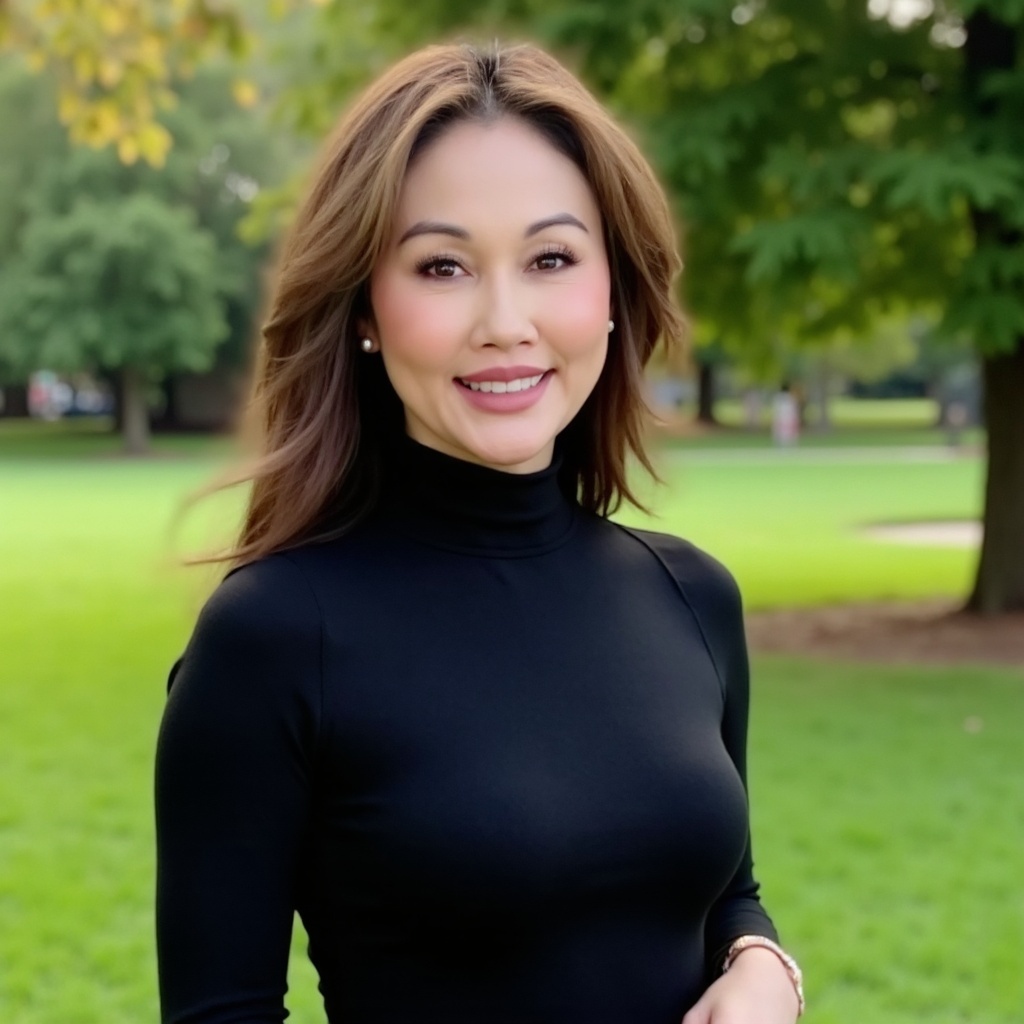
Elizabeth Newman, Psy.D.
Psychological Associate
Supervised by
Dr. Lyndsay Reese

Kyle Cacoyannis, Psy.D.
Psychological Associate
Supervised by
Dr. Jesse Schulte

Angela Johnson, Ph.D.
Psychological Associate
Supervised by
Dr. Shilpa Kapoor

Shipra Maurya, Psy.D.
Psychological Associate
Supervised by
Dr. Shilpa Kapoor
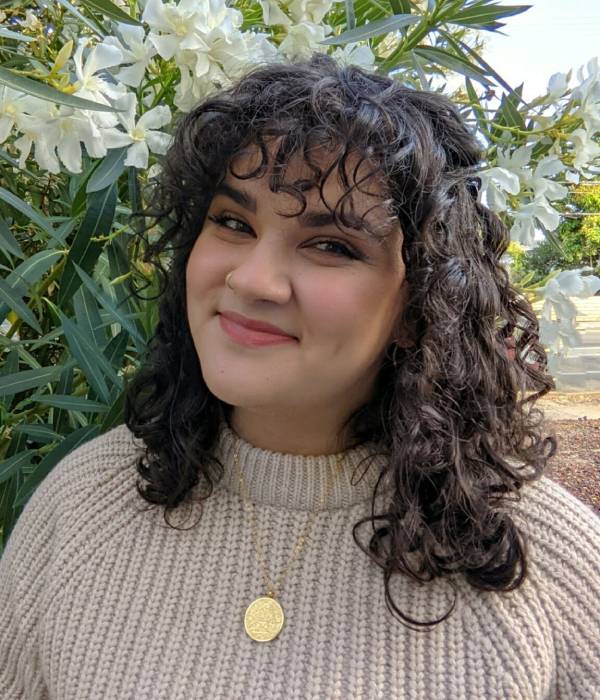
Seja Saddy
Supervised by
Dr. Lyndsay Reese
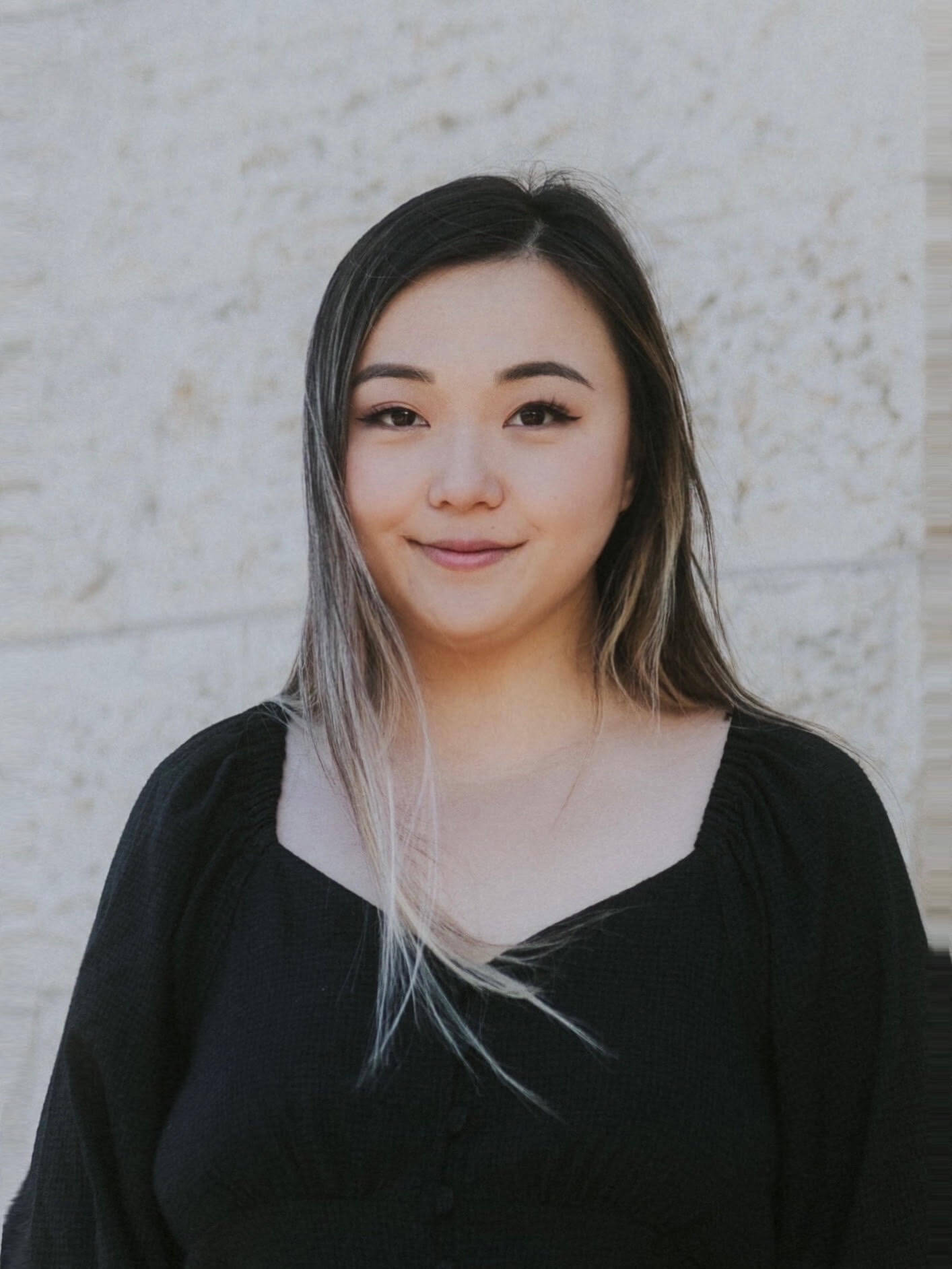
Caroline Lee, AMFT
Supervised by
Sunita Roychoudhury, LMFT
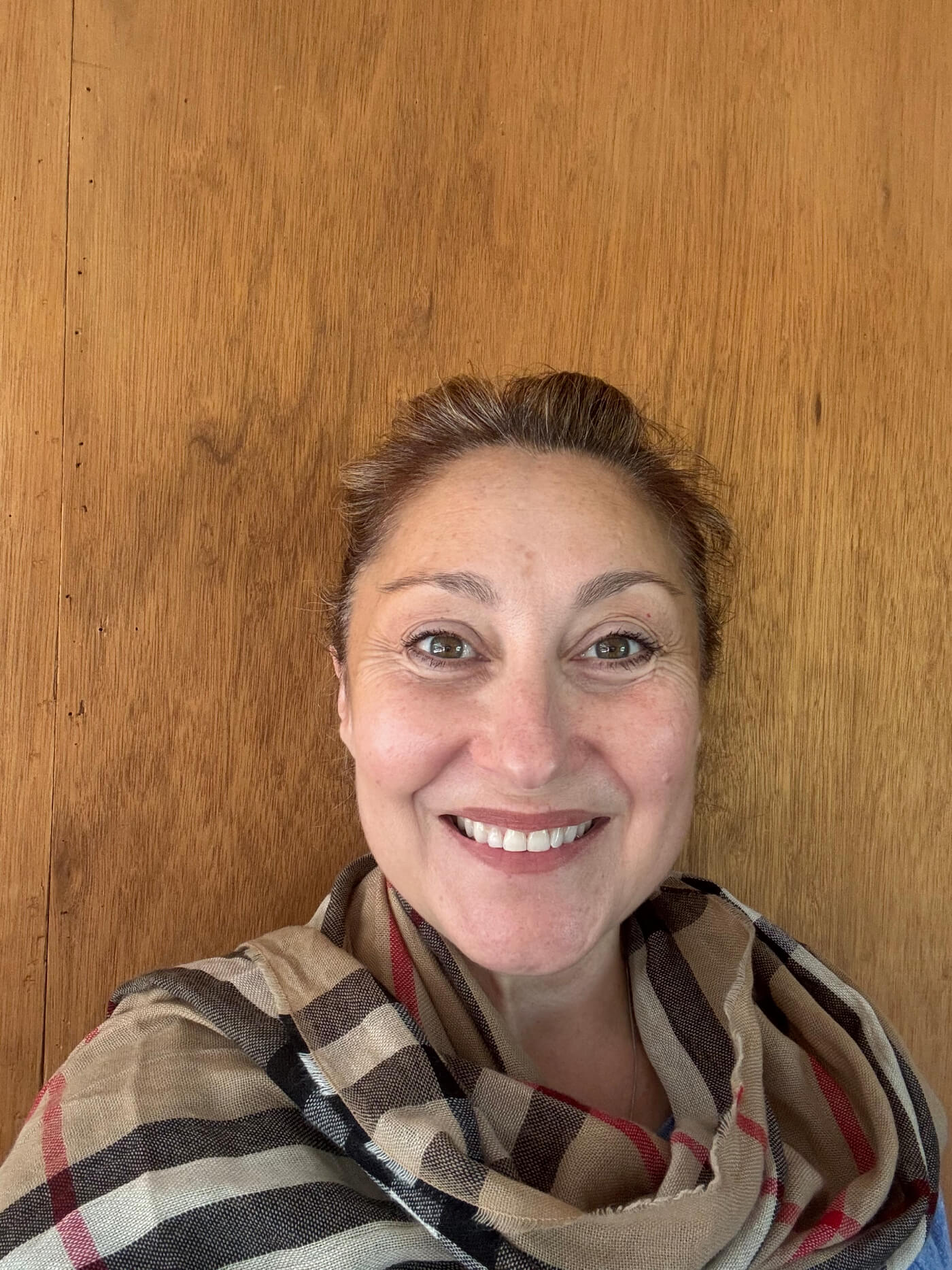
Samantha Mach, AMFT
Supervised by
Sunita Roychoudhury, LMFT, LPCC

Sherry Lin, AMFT
Supervised by
Sunita Roychoudhury, LMFT, LPCC

Anagha Surendra, MS
Psychological Intern
Supervised by
Dr. Shilpa Kapoor
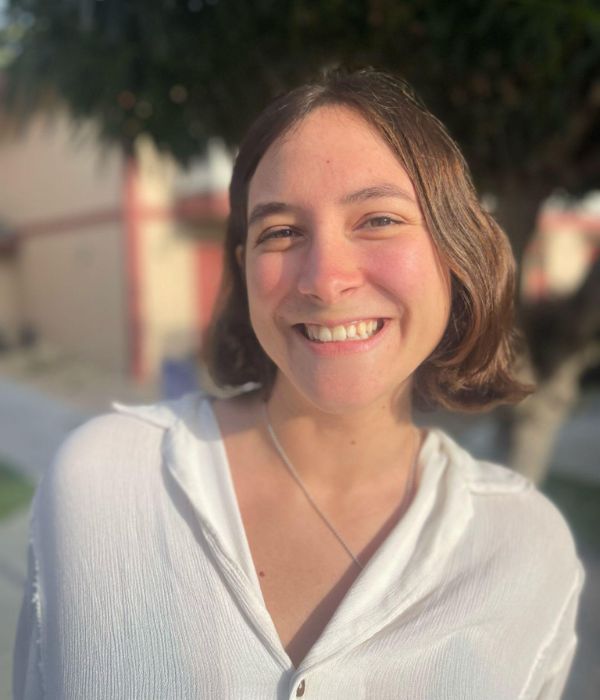
Sarah Hulscher
Psychology Intern
Supervised by
Dr. Shilpa Kapoor

Sanika Hage
Psychological Associate
Supervised by
Dr. Shilpa Kapoor

Marco Castro
Psychological Associate
Supervised by
Dr. Shilpa Kapoor

Hannah Hulscher, MA
Executive Function Coach

Ashley Mullins, MA
Supervised by
Dr. Shilpa Kapoor

Madison Segura, BS
Office Manager
Our Blog
How Generational and Intergenerational Trauma Impacts Mental Health in Children and Adults
Generational and intergenerational trauma drifts quietly from one family to the next. Sometimes, it feels like a shadow that will […]
What Is Attachment with Self and Why It Matters for Healing
How do you speak to yourself when times get tough? Do you feel comfort from within, or do you find […]












